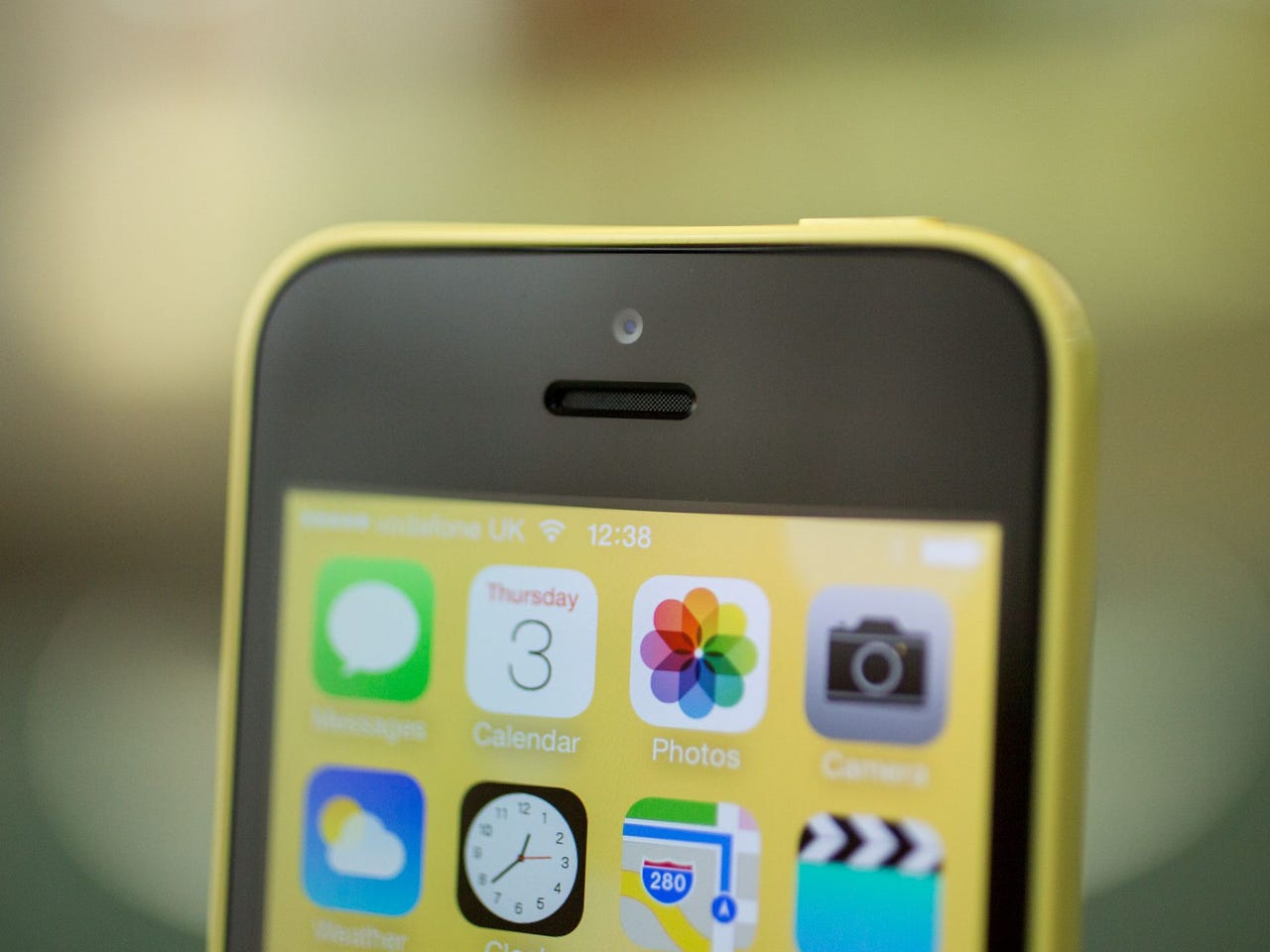FBI says it can't release iPhone hacking tool because it might still be useful


(Image: CNET/CBS Interactive)
Justice Dept. officials say that details of a hacking tool used to access a terrorist's iPhone should not be released because it may still be "useful" to federal investigators.
The government is fighting a case against three news organizations, including the Associated Press, which are fighting to release details of the hacking tool that FBI agents used to unlock a passcode-protected phone used by San Bernardino shooter Syed Farook.
Details of the hacking tool have remained classified, not least because the Justice Dept. believes the tool may still be used by the FBI in similar cases.
"Disclosure of this information could reasonably be expected to cause serious damage to national security as it would allow hostile entities to discover the current intelligence gathering methods used, as well as the capabilities and limitations of these methods," said David Hardy, section chief of the FBI's records management division, in a court filing released late Monday.
The "intelligence activities or methods withheld in this case are still used by and/or useful to the FBI today to gather intelligence information," said Hardy.
Although a third-party company, said to be made up of professional hackers, created the hacking tool that was used to break the passcode lock on the iPhone 5c, the company's name has not been revealed.
The company was one of three firms pitching their tool to the FBI, but only the one unnamed company had "begun to develop or test a solution at the time of the inquiry," while others "would not be able to produce a solution quickly enough to meet the FBI's investigative requirements."
However, the vulnerability used to break into the phone is still not known.
It's long been believed that the hack targeted a weakness in iPhone 5c devices, namely that it didn't come with a secure enclave processor, a key part in the phone's full-disk encryption that even Apple wasn't supposed to be able to break.
Apple previously said that the hack would be "short lived." Months later, Apple retired the iPhone 5c in favor of newer iPhones, all of which now come with the secure enclave.
But the Justice Dept. says that the hacking tool may still have some shelf life left.
A key point in the news organizations' claim that the iPhone tool is of no current value is based on comments made last year by FBI director James Comey that the hack only works on a "narrow slice" of iPhone 5c devices.
But the Justice Dept. apparently called Comey's own statement into question, saying in its filing that this was "unvarnished speculation about the efficacy of this intelligence tool."
The attorneys are also fighting to prevent the release of the cost of the tool, even though Comey said the cost of the hacking tool set the agency back more than $1 million.
"The FBI found that the release of the price of the iPhone tool would also convey useful information to adversaries," said the attorneys.
A spokesperson for the Justice Dept. declined to comment.